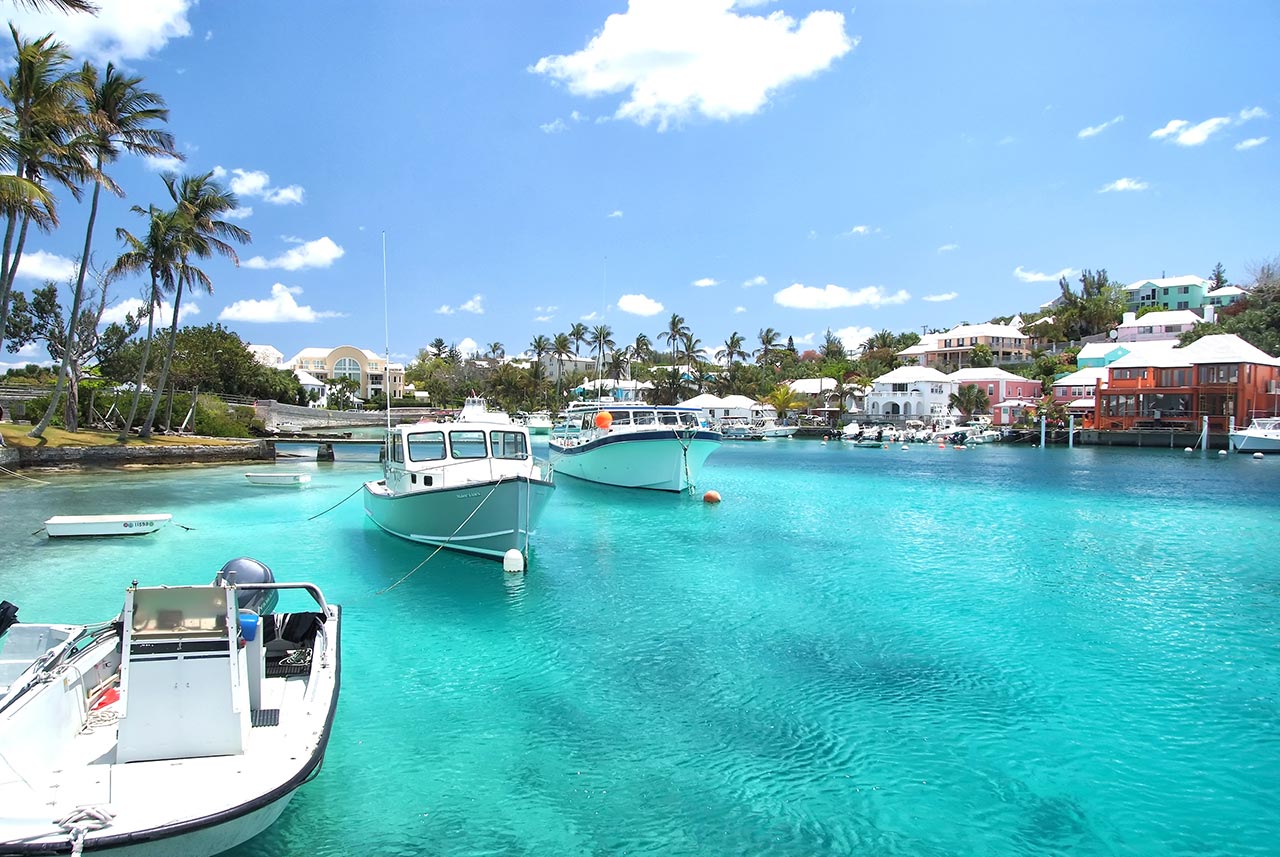Traveling during the off-season can be a great way to save money and avoid crowds. But is it really worth it? In this blog post, we’ll explore the pros and cons of traveling during the off-season, so you can decide if it’s the right choice for you.
Pros:
- Lower Prices
- Fewer Crowds
- Unique Experiences
Cons:
- Limited Activities
- Unpredictable Weather
- Reduced Services

Pros
1. Lower Prices
If you’re looking to make your travel budget stretch further, consider planning your next trip during the off-season. Not only will you avoid the crowds, but you can also take advantage of lower prices on flights, hotels, and attractions. The savings can be significant – imagine paying only half the price for a hotel room that would normally cost you hundreds of dollars a night during peak season. And the same goes for airfares, which can be up to 50% cheaper when you travel during the off-season. So if you’re on a tight budget or just looking to get more bang for your buck, consider planning your next adventure during the quieter months. You might even discover new destinations that you never thought to visit before!
2. Fewer Crowds
Nothing can put a damper on a traveler’s experience quite like huge crowds. Fortunately, there is a way to avoid crowds while still enjoying all the best sights and experiences that your destination has to offer. By traveling during the off-season, you can finally say goodbye to the crowds and enjoy a more peaceful and relaxed experience. Fewer crowds mean more space and time to explore popular attractions at your own pace, take stunning photos without people photo-bombing you, and simply enjoy a less stressful vacation overall. So, consider off-season travel when planning your next adventure and experience the joy of traveling without the crowds.
3. Unique Experiences
Traveling during the off-season can be a fantastic way to experience destinations in a completely new light. It’s the chance to indulge in unique activities that aren’t available during the peak season, and this is particularly true when visiting ski resorts or beach towns. For instance, skiing resorts offer all sorts of outdoor activities, from mountain biking to hiking, which can’t be enjoyed when the snow is thick on the ground. Meanwhile, visiting a beach town off-season would give you a more genuine experience and an opportunity to witness the local culture without battling the crowds or noise. You might even meet locals and enjoy personalized tours, special offers, or even their uncoerced hospitality, which they might not extend to you during peak season. By traveling during the off-peak season, you can create genuinely unforgettable and unique moments that you can’t get during the height of tourist season.

Cons
1. Limited Activities
Traveling during the off-season can be a unique experience, but it’s important to be aware of the potential downsides. One of the biggest challenges can be the limited options for activities. Depending on your destination, some attractions may be closed or operating on reduced hours. Outdoor activities, such as hiking or skiing, may also be unavailable due to weather conditions. This can be especially frustrating for travelers who want to stay active and engaged during their trip. It’s important to research your destination and plan accordingly to make the most of your off-season travel experience. Despite these limitations, there can be advantages to traveling during the off-season, such as fewer crowds and lower prices. Overall, it’s important to weigh your options and make an informed decision before booking your trip.
2. Unpredictable Weather
Traveling during the off-season can be a gamble, especially when it comes to weather. While it may seem like a savvy way to save money or avoid crowds, it’s important to remember that the weather can impact your trip in unexpected ways. Rain, storms, and other inclement weather can limit your options for outdoor activities and exploration, leaving you feeling disappointed or frustrated. For travelers with a limited timeframe, this can be particularly challenging, as it can be hard to make the most of your time in a destination when you’re dealing with weather-related setbacks. Despite the allure of off-season travel, it’s worth considering the potential downsides and weighing your options carefully before booking your trip.

3. Reduced Services
As the summer sun sets and the warm weather fades, many businesses in popular vacation destinations also begin to shut their doors. Reduced services during off-season can make it challenging for travelers to find the services they need. Finding a decent restaurant or shop that is open for business can be a hassle, let alone locating reliable transportation, especially if public transportation is less than adequate. The change in seasons shouldn’t dampen your travel plans, but be sure to prepare accordingly so you can make the most of your trip. Despite this, the off-season can be a time of tranquility and peace in areas typically swarmed by tourists during peak times. So maybe a little more research while planning your trip is required, but the payoff is worth it!
Conclusion
Traveling during the off-season can be a smart move for budget-conscious travelers who want to avoid the hordes of tourists and enjoy some unique experiences. However, there are definitely some potential downsides to keep in mind. For instance, some activities or attractions may be unavailable during the off-season, and the weather may not be as pleasant as you’d like. Additionally, you may find that some services are limited or not available at all. Before deciding on off-season travel, it’s important to thoroughly research your destination and carefully consider the potential benefits and drawbacks. For some travelers, the cost savings and lack of crowds will be worth the trade-offs, but for others, the downsides may outweigh the benefits. Whatever your preferences, understanding the pros and cons of off-season travel can help you make the most informed decision possible.

